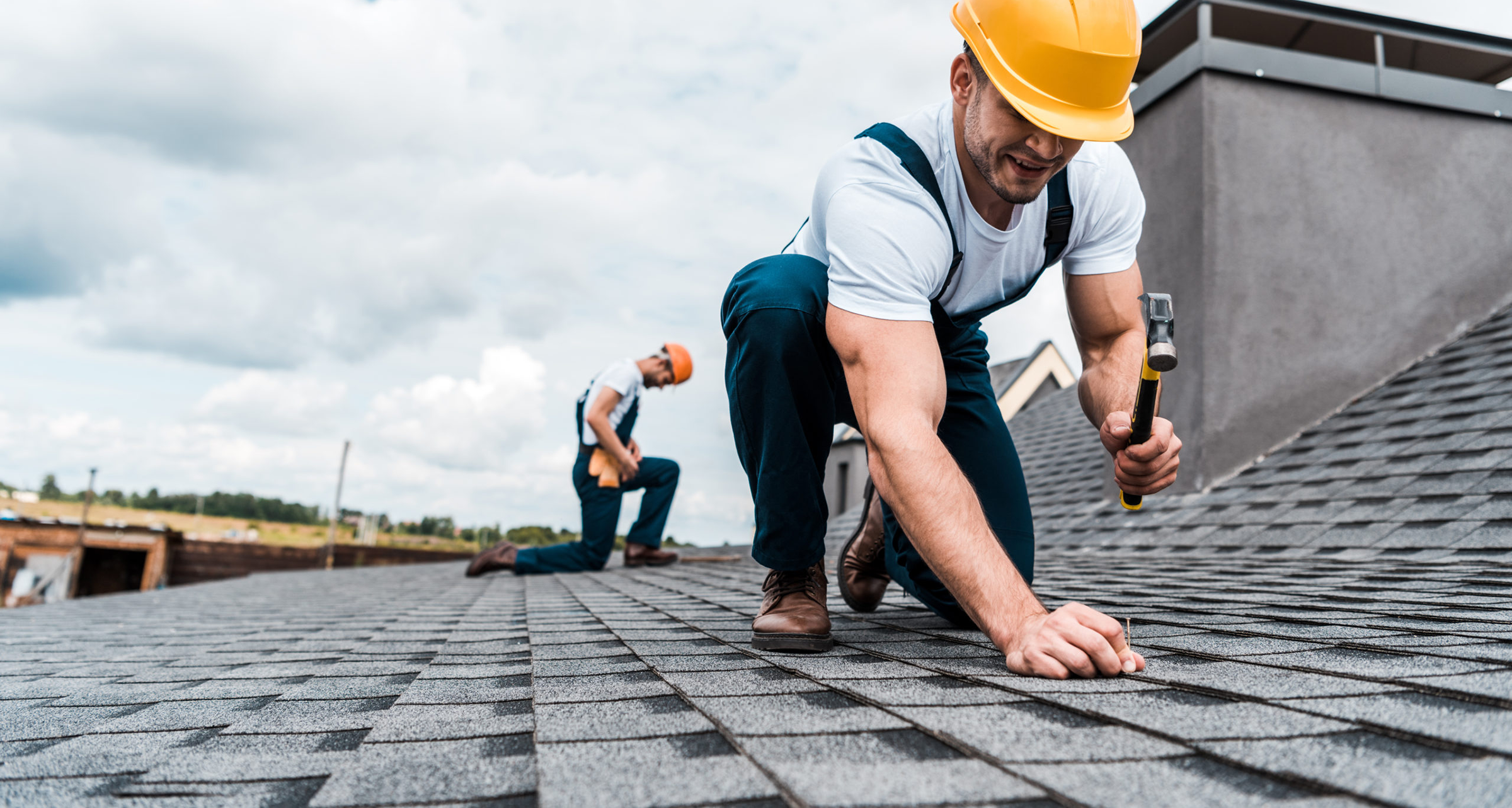When it comes to home improvement projects, few are as crucial as roofing. Your roof not only protects your home from the elements but also plays a significant role in its overall structural integrity and value. Therefore, when hiring a roofing contractor, ensuring they are properly insured is paramount. Licensed Roofer insurance provides homeowners with peace of mind and protection against potential risks and liabilities. In this article, we’ll explore why licensed roofer insurance is essential and the various types of coverage that homeowners should look for when hiring a contractor.
Understanding Licensed Roofer Insurance
Licensed roofer insurance refers to the various types of insurance coverage that roofing contractors are required to carry to protect against accidents, injuries, and property damage that may occur during the course of their work. These insurance policies provide protection for both the roofer and the homeowner in the event of unforeseen incidents or liabilities. Licensed roofers typically carry two primary types of insurance:
Liability Insurance: Liability insurance protects against claims for bodily injury or property damage that may occur as a result of the roofer’s work. This coverage provides financial protection for the roofer and the homeowner in the event of accidents, injuries, or damages caused by the roofing project.
Workers’ Compensation Insurance: Workers’ compensation insurance provides coverage for employees who are injured or become ill as a result of their work. This coverage pays for medical expenses, lost wages, and other benefits for injured workers, reducing the financial burden on both the roofer and the homeowner.
Why Licensed Roofer Insurance is Essential
Licensed roofer insurance is essential for several reasons, including:
Protection Against Accidents and Injuries
Roofing can be a hazardous profession, with risks such as falls, slips, trips, and exposure to hazardous materials. Licensed roofer insurance provides protection for both the roofer and the homeowner in the event of accidents or injuries that may occur during the course of the project. Liability insurance covers bodily injury claims, while workers’ compensation insurance provides coverage for injured workers, ensuring that medical expenses and other costs are covered.
Protection Against Property Damage
Roofing projects can also pose risks of property damage, such as damage to the home’s structure, fixtures, or landscaping. Licensed roofer insurance protects homeowners against claims for property damage that may occur as a result of the roofer’s work. Liability insurance covers damages caused by the roofer, while workers’ compensation insurance provides coverage for damage caused by employees.
Compliance with Legal Requirements
Many states and local jurisdictions require roofing contractors to carry liability insurance and workers’ compensation insurance as part of the licensing process. By carrying the required insurance coverage, licensed roofers demonstrate their compliance with legal requirements and their commitment to professionalism, safety, and accountability. Hiring a licensed roofer ensures that the contractor meets these standards and provides homeowners with protection against potential liabilities.
Peace of Mind for Homeowners
Licensed roofer insurance provides homeowners with peace of mind knowing that they are protected against potential risks and liabilities associated with roofing projects. With insurance coverage in place, homeowners can rest assured that they are not held financially responsible for accidents, injuries, or property damage that may occur during the course of the project. This peace of mind allows homeowners to focus on the project at hand without worrying about potential liabilities or legal issues.
Types of Licensed Roofer Insurance Coverage
Licensed roofer insurance typically includes the following types of coverage:
General Liability Insurance
General liability insurance provides coverage for bodily injury and property damage claims that may arise from the roofer’s work. This coverage protects both the roofer and the homeowner against claims for accidents, injuries, or damages caused by the roofing project. General liability insurance typically covers medical expenses, legal fees, and other costs associated with liability claims.
Workers’ Compensation Insurance
Workers’ compensation insurance provides coverage for employees who are injured or become ill as a result of their work. This coverage pays for medical expenses, lost wages, and other benefits for injured workers, reducing the financial burden on both the roofer and the homeowner. Workers’ compensation insurance is required in most states for roofing contractors with employees.
Property Damage Insurance
Property damage insurance provides coverage for damage to the homeowner’s property that may occur as a result of the roofer’s work. This coverage protects against claims for damage to the home’s structure, fixtures, or landscaping caused by the roofing project. Property damage insurance typically covers repair or replacement costs for damaged property.
Completed Operations Insurance
Completed operations insurance provides coverage for claims that arise after the completion of the roofing project, such as defects in materials or workmanship that may become apparent over time. This coverage protects both the roofer and the homeowner against claims for damages or losses resulting from errors, omissions, or defects in the completed work. Completed operations insurance typically provides coverage for a specified period after the project is completed.
How to Verify Licensed Roofer Insurance
Before hiring a roofing contractor, homeowners should verify that the roofer carries the necessary insurance coverage. Here are some steps to take to verify Licensed Roofer insurance:
Request Proof of Insurance: Ask the roofer to provide proof of liability insurance and workers’ compensation insurance. Request copies of the insurance policies and verify the coverage limits, effective dates, and policy numbers.
Contact the Insurance Provider: Contact the roofer’s insurance provider directly to verify the coverage and confirm that the policies are current and in good standing. Obtain confirmation of coverage in writing for your records.
Check Licensing Authority Records: Contact the licensing authority in your state or local jurisdiction to verify the roofer’s licensing status and insurance coverage. Many licensing authorities maintain records of licensed contractors and their insurance information.
Review Contracts and Agreements: Review the contract or agreement provided by the roofer to ensure that it includes provisions for insurance coverage. Make sure that the contract specifies the types of insurance coverage required and the coverage limits.
Conclusion
Licensed roofer insurance is essential for protecting homeowners against potential risks and liabilities associated with roofing projects. By carrying liability insurance and workers’ compensation insurance, licensed roofers provide homeowners with peace of mind knowing that they are protected against accidents, injuries, and property damage that may occur during the course of the project. Before hiring a roofing contractor, homeowners should verify that the roofer carries the necessary insurance coverage and confirm that the policies are current and in good standing. By hiring a licensed roofer with proper insurance coverage, homeowners can ensure a positive and successful roofing experience with peace of mind.





